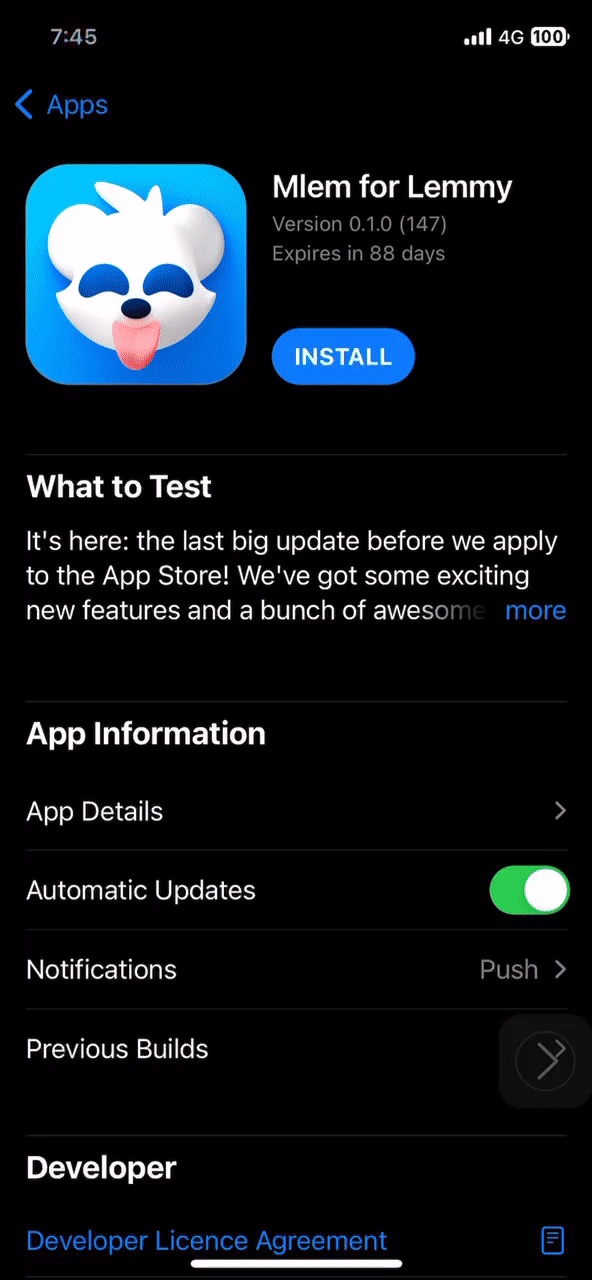I know we’ve said it before but THIS year is definitely going to be the year of desktop Linux!
tuff_wizard
Nice to see a judge with a heart
I mean… they’re not totally wrong.
No need to be top secret when no one can stop you and you’ve made it almost impossible to live outside the system.
No idea but there are new and exciting torrent technologies being worked on all the time. Things like DHT nodes or turning off anonymous mode can affect speeds. Your other clients may have different settings enabled or disabled or may not have implemented new protocols.
Can you just give gluetun the wrong info for you vpn server and see if transmission still works?
Figma balls, that is
Nice can you send me the link when you make the torrent?
Well first I’d try turning off pi hole on the server avenue see if it fixes the issue, even though it’s unlikely as pihole should be handling dns requests for your whole network anyway.
Usually with this setup you only need to place your torrent/Usenet download client behind the VPN. Use a container like gluetun and make your download client container a service of gluetun so it only connects though gluetun. The rest of your stack can just access the internet normally.
There should be more info in the jellyseer log file, have a look in your docker directory or have a play with the "docker logs" command and try to recreate the issue. If you kill your jellyseer container then start it
You have to scroll for miles to reach different sections.
You’ll be better off trying to get a proper network attached storage (NAS) rather than an enclosure. Either buy a pre-made one or make one out of parts. That way you can use the network speeds. Or you could get a usb3 pcie card, they are very cheap these days.


“Robodebt of medicine” seems like one of the worst metaphors ever conceived.